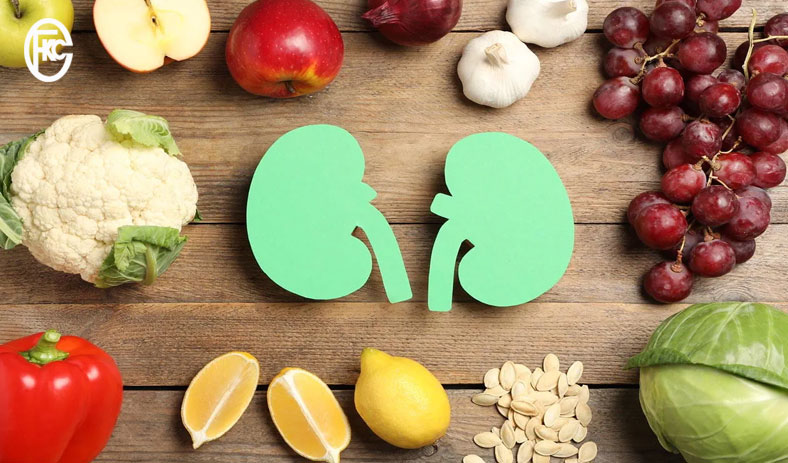
Overview:
Kidney disease is any condition in which the kidneys are damaged and cannot properly filter wastes and extra fluids from the blood. It often causes long-term problems including high blood pressure, anemia, and weakened bones. In the most severe cases, kidney disease can lead to kidney failure, or end-stage renal disease (ESRD), in which dialysis or a transplant may be necessary to stay alive.
Some Following by which Diet Plays a Crucial Role for Managing Kidney Disease:
1. Drink plenty of water:
Not enough water intake causes dehydration and puts extra strain on the kidneys. So, drink plenty of water regularly.
2. Foods that are low in sodium:
Eating too much sodium can cause fluid retention and high blood pressure, which puts stress on the kidneys.
3. Avoid processed foods:
Processed foods are usually very high in sodium, fat, and sugar, and can aggravate kidney disease symptoms.
4. Eat vegetables and fruits:
Eating a variety of fruits and vegetables can help provide you with the essential vitamins and minerals that you need for healthy kidney function.
5. Choose lean and low-fat sources of protein:
Too much protein can put strain on the kidneys, so it’s important to choose lean and low-fat sources of protein such as chicken, fish, and legumes in your diet.
6. Avoid foods high in potassium:
High levels of potassium in the blood can be dangerous for those with kidney disease, so it’s important to avoid eating too many potassium-rich foods such as bananas, oranges, and potatoes.
7. Eat less sugar:
Eating too much sugar can make it difficult for your kidneys to efficiently filter waste and could result in high blood sugar levels.
8. Limit your alcohol consumption:
Drinking too much alcohol can put a strain on your kidneys, and can also affect your overall health.
9. Eat a balanced diet:
Eating a balanced and healthy diet can support the health of your kidneys and the rest of your body.
10. Limit your caffeine intake:
Too much caffeine can overwork the kidneys and put extra strain on them.
11. Monitor your phosphorus levels:
High levels of phosphorus can increase the risk of heart disease and weak bones, so it’s important to monitor your phosphorus levels when managing your kidney disease.
12. Eat less red meat:
Eating too much red meat can raise your cholesterol levels and can strain the kidneys.
13. Avoid foods that contain artificial sweeteners:
Drinking beverages that contain diet sweeteners or artificial sweeteners can be harmful for those suffering from kidney disease.
14. Avoid smoking:
Smoking can increase risk of dehydration, high blood pressure, and other complications for those with kidney disease.
15. Take your prescribed medications:
Your doctor may prescribe medications to help manage your kidney disease, so it’s important to take them as directed.
Conclusion:
Eating a balanced diet is essential for managing kidney disease and it plays a crucial role in helping to keep the condition under control. By making sure to drink plenty of water, avoiding processed foods, eating a variety of vegetables and fruits, and choosing lean sources of protein, you can significantly reduce the risk of flare-ups or further damage to your kidneys. Additionally, monitoring phosphorus levels, limiting red meat, and avoiding smoking can all contribute to healthier kidneys and can help to better manage your kidney disease.